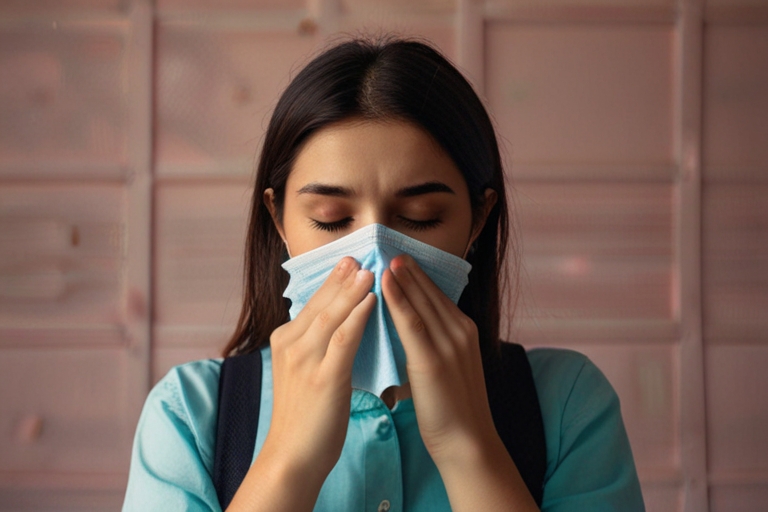There are certain moments, when a person goes outside in a sunny day and experiences a rather strange reaction on the skin – this is called photodermatitis or sun allergy. Some patients may experience mild discomfort while others can have severe signs of dermatitis that may manifest through redness, itching, swelling, and even blister formation at the areas of skin exposed to ultraviolet light. If you suspect you have a sun allergy, here are some steps you can take to manage the condition:If you suspect you have a sun allergy, here are some steps you can take to manage the condition:
Seek Shade: Closely monitor your exposure to sunlight, especially during the sun’s peak hours which are from around 10:00am to 4:00pm. Stay as cool as possible: Staying cool when outside is another measure that must be taken, this can be done by sitting under trees, umbrellas or awnings.
Wear Protective Clothing: It is advised to wear loose, long-sleeved and full-length cloths or scarves that are made of tightly woven fabrics, caps and wide-brimmed hats, sunglasses and protect your skin from direct sunlight. Select outfits made from clothes that are UVAA (Ultraviolet Absorption Average) or clothing with UPF (Ultraviolet Protection Factor) for higher protection.
Apply Sunscreen: Choose sunscreen products that are labeled as ‘broad-spectrum,’ meaning it protects you from both UVA and UVB sun rays and using a sunscreen with sixty minutes protection preferably 30+ and always reapply after swimming or sweating. Search for those sunscreen that is made especially for sensitive skin or the ones what are supposed to protect against UVA/UVB.
Use Sun Protective Gear: Ensure you employ protective measures like installing UV preventing window tints on your house or car, using window shades inside the car and UV filtering sunglasses when going outside do away with the sun most of the time.
Stay Hydrated: It is advisable to drink a lot of water to avoid getting a sunburn and frequenting the grill, from sun induced dehydration. Eliminate products containing alcohol or caffeine, as they can cause further dehydration in the internal body.
Consult a Dermatologist: If the manifestations are acute or continually reinfecting, it is crucial to seek advice from a dermatologist or an allergist for analysis and further management. In the case of moderate to severe symptoms, they can prescribe drugs such as topical corticosteroids or antihistamines to help in managing the disease.
Avoid Triggers: Consult your doctor to determine what you must avoid doing that triggers your sun allergy, for instance, specific medication, different fragrances or skin products that have an impact on your skin sensitivity to the buck.
In general, sun allergy requires proper measures for protecting oneself from further exposure to sunlight, in particular avoiding the direct sunlight and extremely hot temperatures. But indeed when you adhere to these tips and align yourself with healthcare practitioners you can control the symptoms and partake in outdoor activities.



